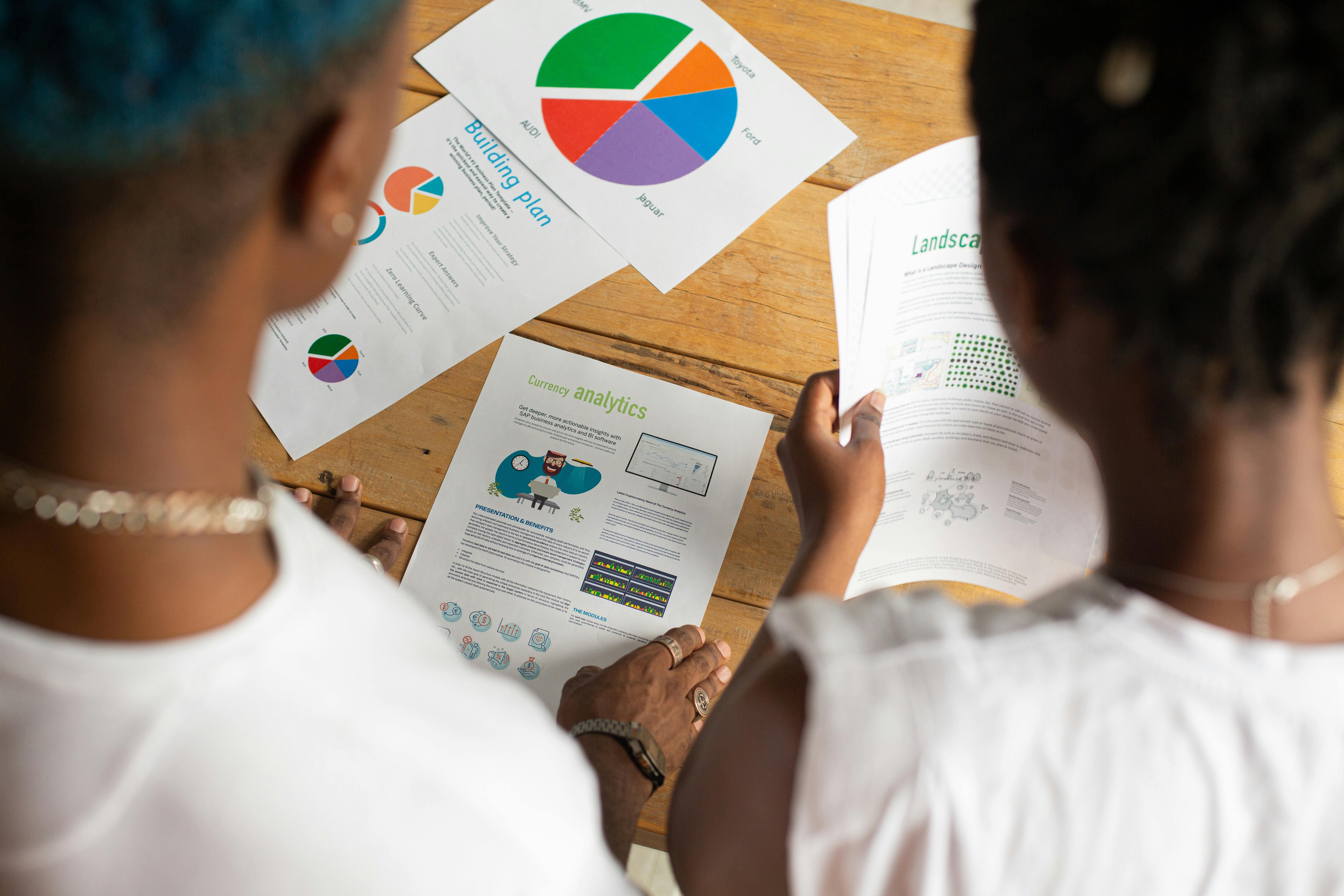Investing in women and girls as agents of change
Poor access to sanitation, hygiene and menstrual health perpetuates inequalities
Women and girls are disproportionately affected by lack of access to sanitation, hygiene and menstrual health. Half a billion people across the world share sanitation facilities with other households, compromising women’s and girls’ privacy, dignity, and safety. Inadequate access to sanitation and hygiene also increases health risks for women and girls and limits their ability to safely and privately manage their periods. For girls, appropriate hygiene and sanitation facilities are an important part of ensuring their safe and healthy participation in school.
In addition, one in four women and girls globally struggles to manage their menstruation safely and with dignity, and over one billion currently do not have access to purpose made menstrual products. This means that they don’t have access to affordable, safe, quality products and often resort to using cloths and rags to manage their menstruation.
All of our work at SHF has a gender lens and contributes to more women having voice and participating in the sanitation economy and menstrual health market. Investing in sanitation, hygiene and menstrual health is an investment in women, and the societies and economies they power.

Women as decision-makers and entrepreneurs
Through its unique market-based approach, SHF creates opportunities for a stronger involvement of women as agents of change, entrepreneurs as well as end-users, so they can participate in the decision-making around the design and delivery of sanitation and hygiene services, and contribute to economic development in their communities and their countries.
Women’s involvement in sanitation, hygiene and menstrual health makes sense to accelerate progress: water and sanitation services are indeed generally more effective if women take an active role in delivering them, from design and planning to the ongoing operations and maintenance required to make services sustainable.
For instance, the African continent has the highest proportion of women entrepreneurs in the world and African women dominate the SME sector, which represents over 80% of employment across Africa. Investing in scaling up local solutions means investing in local economies, local supply chains that are powered, especially in the sanitation and menstrual health space, a lot by women.
Women-led businesses however face a number of challenges, including limited access to finance, and women are currently largely underrepresented in the workforce of the sanitation sector. By unlocking women’s potential as workers and business leaders in a traditionally male-dominated sector, SHF aims not only to unlock women’s potential but also to accelerate economic development.
Gender lens investing
SHF has recently joined join 2X Global, the leading membership and field-building organisation for unlocking gender-smart capital at scale. As a 2X Global member, SHF aims to highlight to various partners and funders the gender-smart investment and impact potential of sanitation, hygiene and menstrual health.

